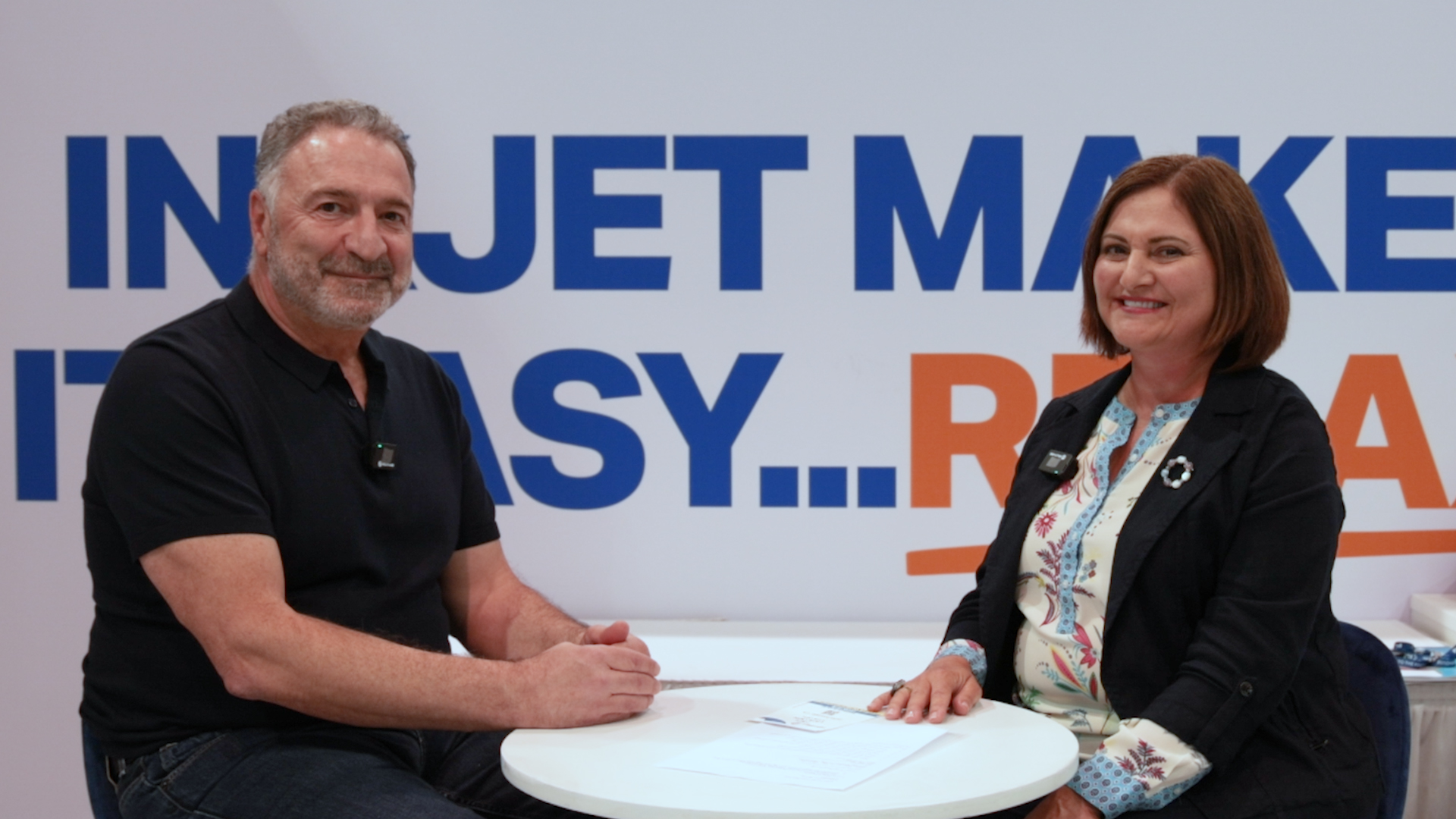Bernhard Schreier to leave Heidelberg
Press release from the issuing company
Bernhard Schreier, CEO of Heidelberger Druckmaschinen AG (Heidelberg), will not be extending his management contract when it expires midyear 2013 and will be leaving the company at the end of 2012. He is handing over the company's chairmanship after almost 13 years in charge. Over recent months, key steps have been taken to set the company's new strategic course and a start has been made on putting this into practice to return Heidelberg to sustained profitable growth. What's more, the industry trade show drupa has led to the highest quarterly incoming orders in four years for the first quarter of financial year 2012/2013. The Supervisory Board and Schreier himself feel now is the right time to make the change in order to create new impetus at the very top of the company. The Supervisory Board unanimously appointed Dr. Gerold Linzbach (56) as Heidelberg CEO with effect from September 1, 2012. Schreier will ensure the transition goes smoothly and will accompany the handover process up till the end of the year.
"I would like to thank Bernhard Schreier for his achievements as Heidelberg CEO. In a career spanning a total of 37 years, 13 of them as CEO, he has truly made his mark on the company and has succeeded in guiding it through two major global economic crises and structural upheaval in the printing industry. Particularly in very difficult recent times, he has helped transform Heidelberg from a traditional press manufacturer into a solution and service provider in the print media industry," said Robert J. Koehler, Chairman of the Supervisory Board of Heidelberger Druckmaschinen AG. "Heidelberg is a global market leader and is renowned worldwide for its cutting-edge technology and customer proximity. In Dr. Gerold Linzbach, we are delighted to have found a successor with international experience to press ahead with the company's strategic reorientation and ensure its return to profitability. Dr. Linzbach has many years of management and capital market expertise, which will help pave the way for a successful future at Heidelberg," he added.
Dr. Gerold Linzbach (born in 1956) obtained a degree in chemistry and added a PhD in chemical engineering from the University of Dortmund in 1985. Having started his career as the head of a research group at the DECHEMA Institute in Frankfurt, he joined McKinsey in 1988 where he was in charge of a variety of projects, primarily in the process industry. In 1991, Dr. Linzbach became a member of Hoechst AG's corporate planning team and subsequently took charge of this department. During this period, he was part of the "Aufbruch 94" team that laid the foundations for Hoechst AG's new corporate structure. Four years later, he assumed the position of global CEO of a business unit responsible for the company's fibers operations (Trevira GmbH). In 1999, Dr. Linzbach played a leading role in founding Aventis and went on to become global CEO and President of the Celanese Acetate Group based in the United States until 2003. From 2003 to 2005, he was responsible for the textile fibers division INVISTA, also in the United States.
On March 1, 2005, Dr. Linzbach was appointed Chairman and CEO of Symrise AG in Holzminden, Germany. He successfully led it onto the stock market at the end of 2006 and onto the MDAX in March 2007. Dr. Linzbach left the company for personal reasons at the end of June 2009. He was subsequently appointed CEO and Member of the Management Board of D+S Europe and its successor companies in Hamburg.
- Questions to ask about inkjet for corrugated packaging
- Can Chinese OEMs challenge Western manufacturers?
- The #1 Question When Selling Inkjet
- Integrator perspective on Konica Minolta printheads
- Surfing the Waves of Inkjet
- Kyocera Nixka talks inkjet integration trends
- B2B Customer Tours
- Keeping Inkjet Tickled Pink
© 2024 WhatTheyThink. All Rights Reserved.















Discussion
By Joe Webb on Jul 19, 2012
Things started to go really wrong in 2006. I blogged off of the WTT pages at that time. http://drjoewebb.blogspot.com/search?q=Heidelberg%27s+Share+Buyback+Bad+News
The stock finished today at 1.06 euros. The other day it was on the precipice at 1 euro.
The Schrier years will not be remembered well. There was serious and constant denial about the impact of digital media, regular blame of economic conditions for the company's fortunes, and even some paranoia about outside Russian investors taking over the company. Yet, he got paid for the last six years and will probably retire well. It's a sad story of management inertia and life behind the curve. Perhaps more changes will come soon.
By Erik Nikkanen on Jul 19, 2012
A period of advanced expensive technology applied without innovation. Band aid technical solutions applied to symptoms of process problems instead of fundamental innovative thinking. This is the legacy.
I was told by a Heidelberg engineer that they were not allowed to do small investigations. They only had highly structured, long term development plans.
They never let the engineers play with ideas so they never learned how to do innovative thinking a la "skunk works". They were never allowed to make their existing technology model obsolete, which is required to be successful for future markets. That is the Schrier legacy. He unfortunately has to take responsibility for that culture.
By Patrick Henry on Jul 19, 2012
Guys, can we at least be respectful enough in our critiques to spell Mr. Schreier's name correctly? I think that his legacy entitles him, at minimum, to this much courtesy on our part.
By Erik Nikkanen on Jul 19, 2012
Schreier. Yes, thanks for the correction. One shouldn't be innovative with spelling names. :-)
By Rossitza Sardjeva on Jul 23, 2012
Heidelberg have been wrong when they sold their web offset to Goss and also when they sold Nexpress to Kodak. It was a great misunderstanding at that time and Mr. Schreier is responsible for this...
By Peter Schwarz on Jul 23, 2012
Misunderstanding or not he needed the cash to keep it in business where manroland's Finkbeiner had to file for insolvency after refusing to talk merger to Heidelberg or KBA.
Discussion
Only verified members can comment.